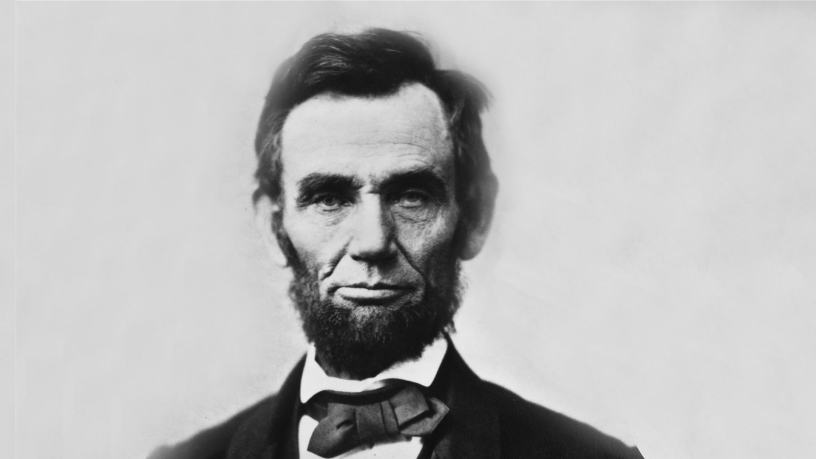Being around a college classroom can really expand your perspective. For example, last week we were finishing off a seminar in grand strategy when one of my Yale colleagues, Charles Hill, drew a diagram on the board that put today’s events in a sweeping historical perspective.
Running through the center of the diagram was the long line of Enlightenment thought. The Enlightenment included thinkers like John Locke and Immanuel Kant who argued that people should stop deferring blindly to authority for how to live. Instead, they should think things through from the ground up, respect facts and skeptically re-examine their own assumptions and convictions.
Enlightenment thinkers turned their skeptical ideas into skeptical institutions, notably the US Constitution. America’s founders didn’t trust the people or themselves, so they built a system of rules, providing checks and balances to pit interest against interest.
De Tocqueville came along and said that if a rules-based democratic government was going to work anywhere it was going to be the United States. America became the test case for the entire Enlightenment project. With his distrust of mob rule and his reverence for law, Abraham Lincoln was a classic Enlightenment man. His success in the Civil War seemed to vindicate faith in democracy and the entire Enlightenment cause.
In the 20th century, Enlightenment leaders extended the project globally, building rules-based multilateral institutions like the European Union and NATO to restrain threatening powers and preserve a balance of power.
The Enlightenment project gave us the modern world, but it has always had weaknesses. First, Enlightenment figures perpetually tell themselves that religion is dead (it isn’t) and that race is dead (it isn’t), and so they are always surprised by events. Second, it is thin on meaning. It treats people as bland rational egoists and tends to produce governments run by soulless technocrats. Third, Enlightenment governance fails from time to time.
At these moments anti-Enlightenment movements gain power. Amid the collapse of the old regimes during World War I, the Marxists attacked the notion of private property. That brought us Lenin, Stalin and Mao. After the failures of Versailles, the Nietzscheans attacked the separation of powers and argued that power should be centralized in the hands of society’s winners, the master race. This brought us Hitler and the Nazis.
Hill pointed out that the forces of the Enlightenment have always defeated the anti-Enlightenment threats. When the Cold War ended, the Enlightenment project seemed utterly triumphant.
But now we’re living in the wake of another set of failures: the financial crisis, the slow collapse of the European project, Iraq. What’s interesting, Hill noted, is that the anti-Enlightenment traditions are somehow back. Nietzschean thinking is back in the form of Vladimir Putin. Marxian thinking is back in the form of an aggressive China. Both Russia and China are trying to harvest the benefits of the Enlightenment order, but they also want to break the rules when they feel like it. They incorporate deep strains of anti-Enlightenment thinking and undermine the post-Enlightenment world order.
Hill didn’t say it, but I’d add that anti-Enlightenment thinking is also back in the form of Donald Trump, racial separatists and the world’s other populist ethnic nationalist movements.
Today’s anti-Enlightenment movements don’t think truth is to be found through skeptical inquiry and debate. They think wisdom and virtue are found in the instincts of the plain people, deep in the mystical core of the nation’s or race’s group consciousness.
Today’s anti-Enlightenment movements believe less in calm persuasion and evidence-based inquiry than in purity of will. They try to win debates through blunt force and silencing unacceptable speech.
They don’t see history as a gradual march toward cooperation. They see history as cataclysmic cycles — a zero-sum endeavor marked by conflict. Nations trying to screw other nations, races inherently trying to oppress other races.
These movements are hostile to rules-based systems, multilateral organizations, the messy compromises of democratic politics and what Steve Bannon calls the “administrative state.” They prefer the direct rule by one strongman who is the embodiment of the will of the people.
When Trump calls the media the “enemy of the people” he is going after the system of conversation, debate and inquiry that is the foundation for the entire Enlightenment project.
When anti-Enlightenment movements arose in the past, Enlightenment heroes rose to combat them. Lincoln was no soulless technocrat. He fought fanaticism by doubling down on Enlightenment methods, with charity, reason and patience. He worked tirelessly for unity over division. He was a hopeful pessimist who knew the struggle would be long but he had faith in providence and ultimate justice.
We live in a time when many people have lost faith in the Enlightenment habits and institutions. I wonder if there is a group of leaders who will rise up and unabashedly defend this project, or even realize that it is this fundamental thing that is now under attack.
(The New York Times)
